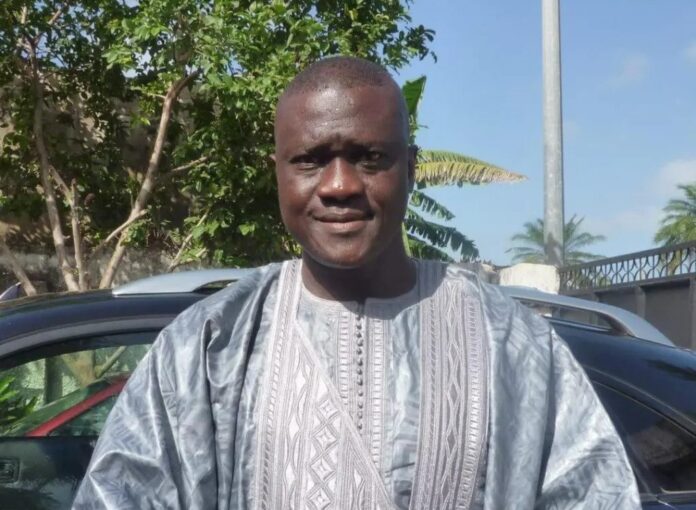By: Alieu Jallow
In a blistering critique, Tombong Saidy, a prominent member of the United Democratic Party (UDP), has labeled The Gambia’s delegation to the COP 29 climate conference as “a joke.” His comments, made during the radio program Coffee Time with Peter Gomez, highlight growing concerns among citizens and environmental activists about the government’s credibility on climate issues.
Saidy’s criticism comes against the backdrop of increasing reports of environmental degradation in The Gambia, particularly due to rampant deforestation in reserved lands such as the Salagi Forest. He emphasized that while the government is poised to represent the nation on the international stage regarding climate change, it is simultaneously undermining its environmental policies at home.
“COP is another joke. How can you go to COP 29 while domestically you are bastardizing the environment left, right, and center? You desecrate reserved lands—allocating parts of the forest in Salagi to private individuals to be cut down—it’s a joke. They even gave out the Monkey Park, which, if not for public pressure, would have been lost,” he stated.
Tombong’s remarks resonate with growing frustration among Gambians who have witnessed increasing exploitation of natural resources and the deteriorating integrity of the country’s ecosystems. He pointed out that the government’s actions—such as allocating reserved forest parks to private individuals—send a contradictory message to the international community about The Gambia’s commitment to environmental sustainability.
“The environment affects everybody, but you lead by example. You cannot go there begging for assistance while domestically doing everything to damage the environment,” he pointed out.
In another development, Tombong also criticized the recently signed labor agreement between The Gambia and the Kingdom of Spain, alleging that the government selected its allies to handle the recruitment process. He further claimed that individuals were being charged between D50,000 and D60,000 to register for farm work, which sparked the intervention of the Spanish government.
“It doesn’t make sense. It just shows how incompetent this government is. They cannot provide jobs for their people, yet they export them to be farm workers and maids in other countries,” he said.
Tombong argued that the government should focus on improving the educational system to enable the export of skilled professionals who can make a difference, similar to countries like India.
“They are trying to use this as a political tool, politicizing it to send rank-and-file supporters to Spain for work. The dangerous thing is, even if it succeeds, it will fail because many of those going are being told, ‘Don’t worry, when you get there, you’ll find your way.’ So, just pay D50,000. When those people go, more than half of them will disappear, and this initiative will be stopped because there’s no proper vetting or preparation,” he concluded.




